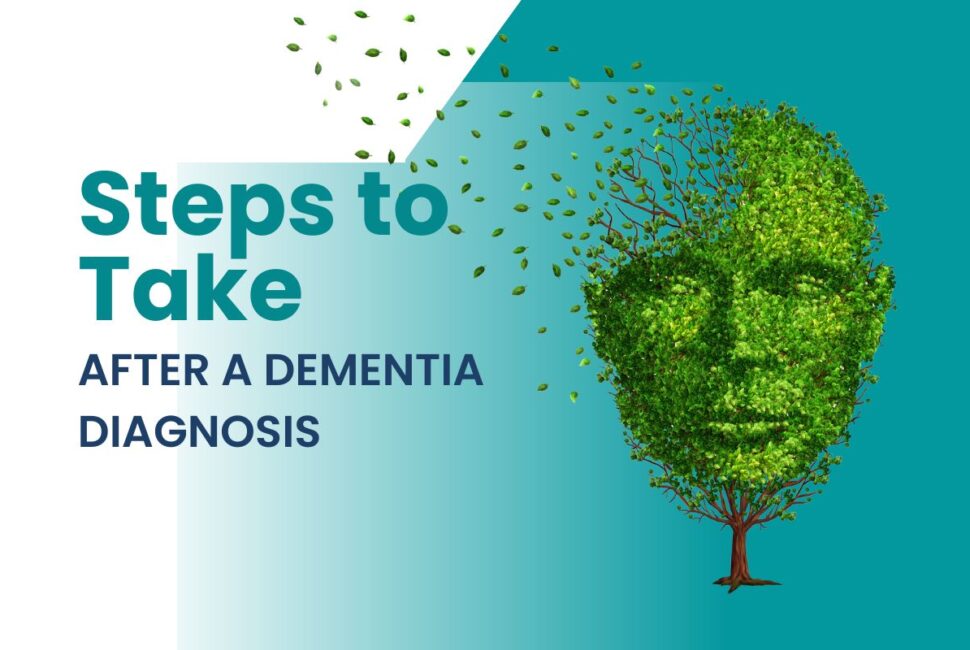Steps to Take After a Dementia Diagnosis

It would be understandable to be nervous upon learning that the “memory troubles” you (or a loved one) have been experiencing are, in reality, the early stages of dementia. The worst-case scenario may enter your mind as soon as you receive your diagnosis, and you can find yourself immobilized in panic and endless questions. “What treatment is required?” “How much help will I need if I cannot look after myself?”
However, a dementia diagnosis does not define who you are, nor does it mean absolute doom for the rest of your life. However, it also implies that your family, friends, and you may face difficulties in the future. Considering those difficulties now will help you, and those closest to you get ready for whatever the future may bring. Getting a diagnosis early on is quite beneficial, and it allows you and your family more time to prepare and make any necessary plans for resources as the illness worsens.
A Los Angeles hospice care facility has provided the following tips for you:
Educate yourself on dementia.
Understanding how dementia affects the brain and behavior will benefit both you and your loved ones; it will give them a better idea of what to expect from you and help them understand any changes they may see in you.
Do not hide your diagnosis.
You will require the emotional and practical support of friends and family. Consider who you feel comfortable telling about your diagnosis and how you want to involve your loved ones in the following actions. To prepare for this difficult conversation, think about outlining your ideas in writing.
Make your care a priority.
This step largely depends on your financial condition and any caregivers you may have in your life. Some families have the resources to divide the caring responsibilities among numerous persons, offering the dementia patient round-the-clock assistance.
Families with fewer helpers may need to consider moving into an assisted living facility or a Los Angeles hospice, especially if it has a memory care unit specifically designed to care for people with dementia. If your financial circumstances prevent you from choosing this choice, you’ll need to discuss care options with your family, friends, church, or another reliable source.
Get adequate help with your personal affairs.
Reviewing your legacy documents, such as a will or trust, while you are still healthy is crucial. A current medical directive and durable power of attorney, which will serve as your medical proxy, should also be in place immediately. Carefully write down your preferences for treatment during your final days and after death, such as whether you prefer your body to be cremated or buried.
Faith and Hope Hospice can help you.
When the time comes for you and your family to entrust us with the care of an aging relative, Faith and Hope Hospice and Palliative Care, a hospice in Pasadena, is highly qualified and ready to help. We are committed to providing your loved one with the superior end-of-life care they are due. Choosing the ideal Los Angeles hospice care for your relative can be difficult; however, selecting Faith and Hope will be a smart choice for you and your family. You can reach us by phone at (877) 797-1977 or by email at info@faithandhopehospice.com.
Check out our related article here: https://www.saunainformation.com/why-los-angeles-hospice-care-patients-with-dementia-wander/

